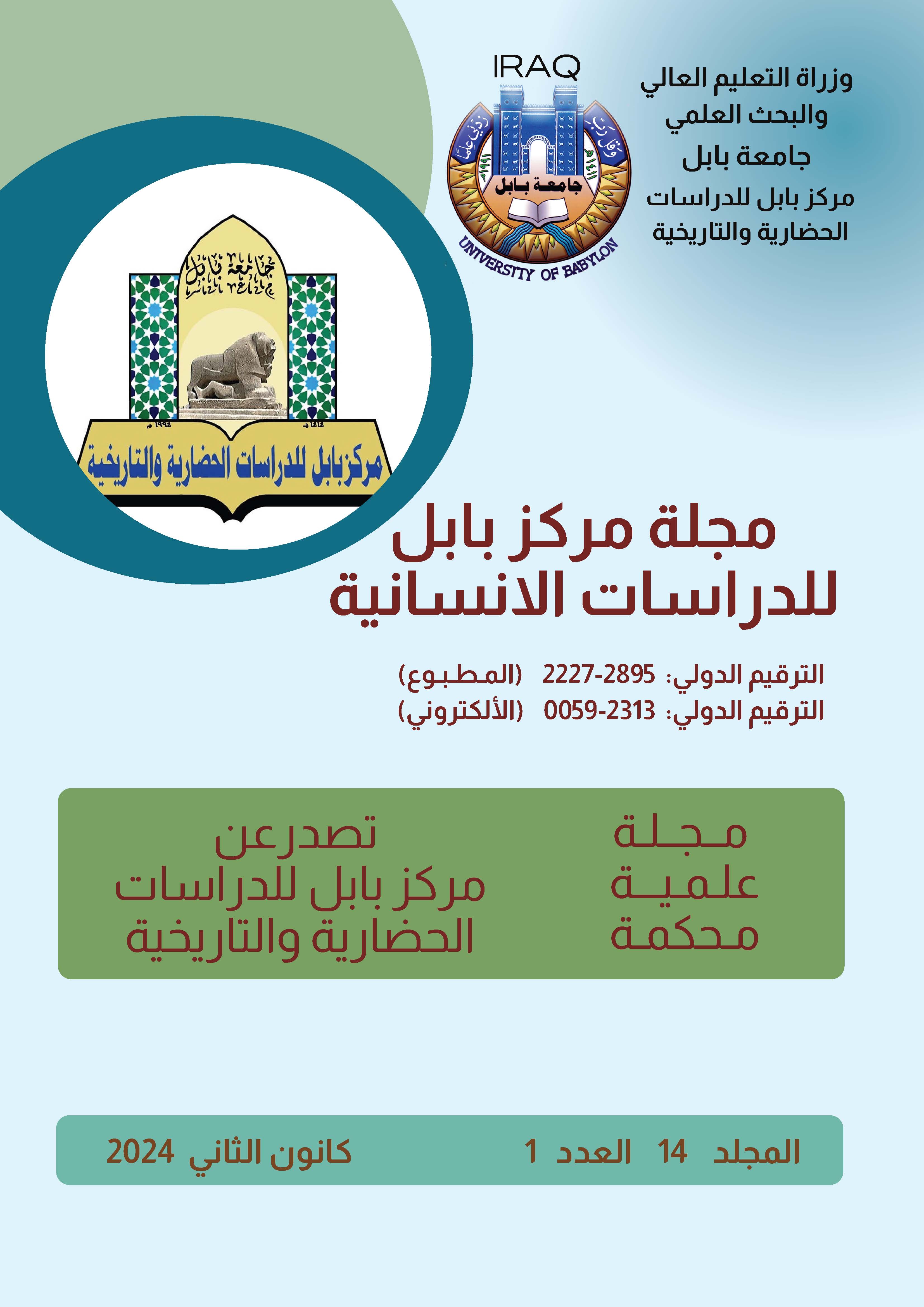Position of the Arab and international community regarding the 1989 Taif Agreement
Keywords:
Arab and International Position, Taif Agreement, Civil War, Tripartite CommissionAbstract
The Taif Agreement ended the civil war in Lebanon (1975-1990) after difficult consultations between the political parties in Lebanon, under Saudi auspices and Arab and international support. It was signed in the city of Taif in the Kingdom of Saudi Arabia on September 30, 1989, with great international support, especially from the United States of America and under the supervision of Direct from the Supreme Arab Tripartite Committee, which made great efforts to approve the National Accord Document through its contact with Lebanese political forces and parties. Thus, the committee was able to create the appropriate atmosphere for the Lebanese representatives to sign the National Accord Document in Taif, and aimed to restore the political process to its normal state, return Lebanon to its Arab surroundings, as an independent, sovereign state, and end a civil war that destroyed the structure of the state and destroyed its human and material resources. The Taif Agreement worked to achieve societal reconciliation and end the civil war, and strengthened national cohesion. It also sought to support internal reforms that worked to build a state of institutions with the participation of all Lebanese social forces and segments. It also contributed to the equitable distribution of government positions and laid the foundations of collective governance that ensures everyone’s participation in decision-making. Politically, it was a real guarantee for all sects and nationalities in Lebanon.
The agreement received very large Arab and international support and support, and it constituted sufficient cover to implement its provisions and to help Lebanon emerge from a state of civil war with regional and international dimensions and influences to a state of stability and civil peace.







